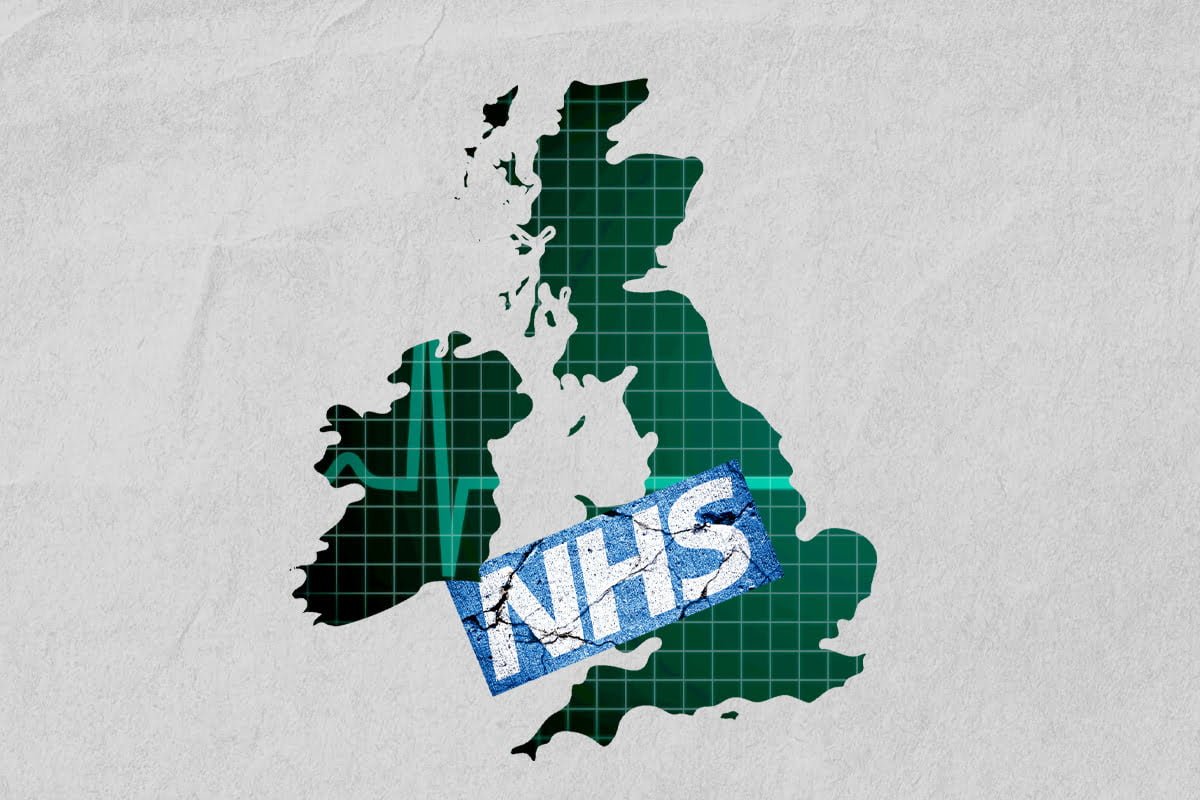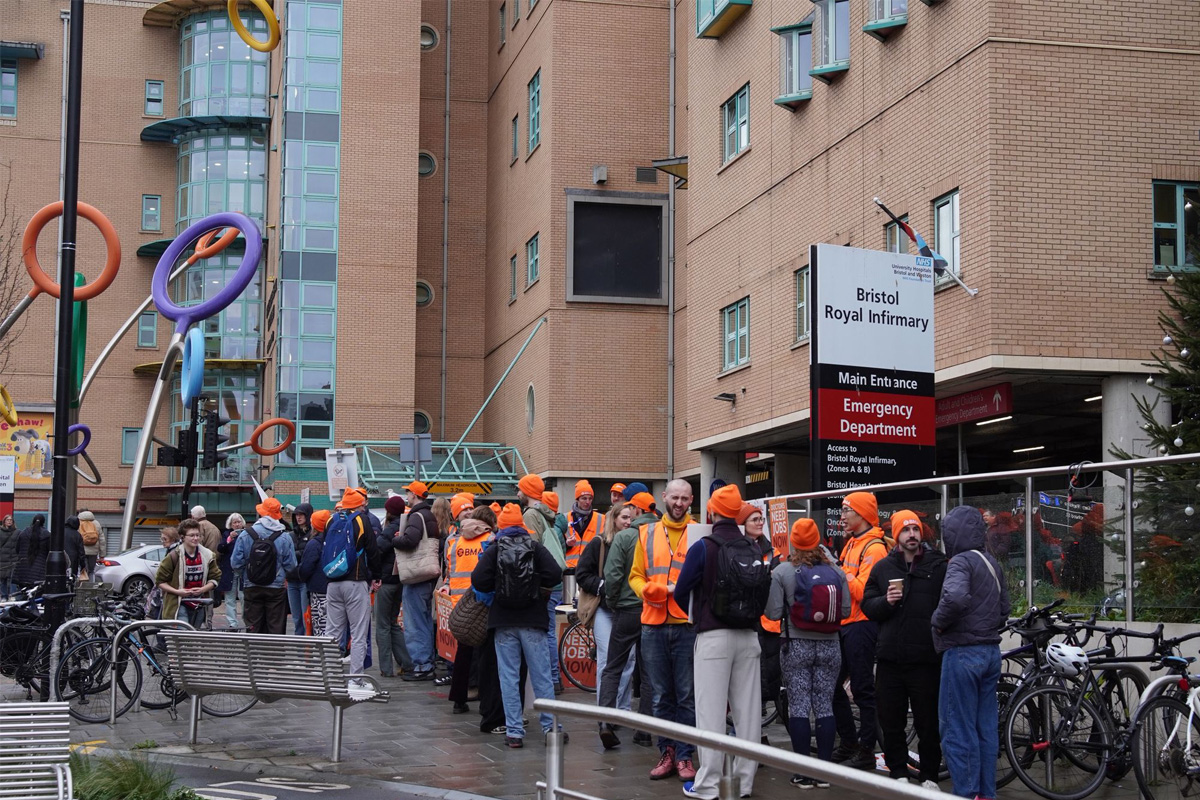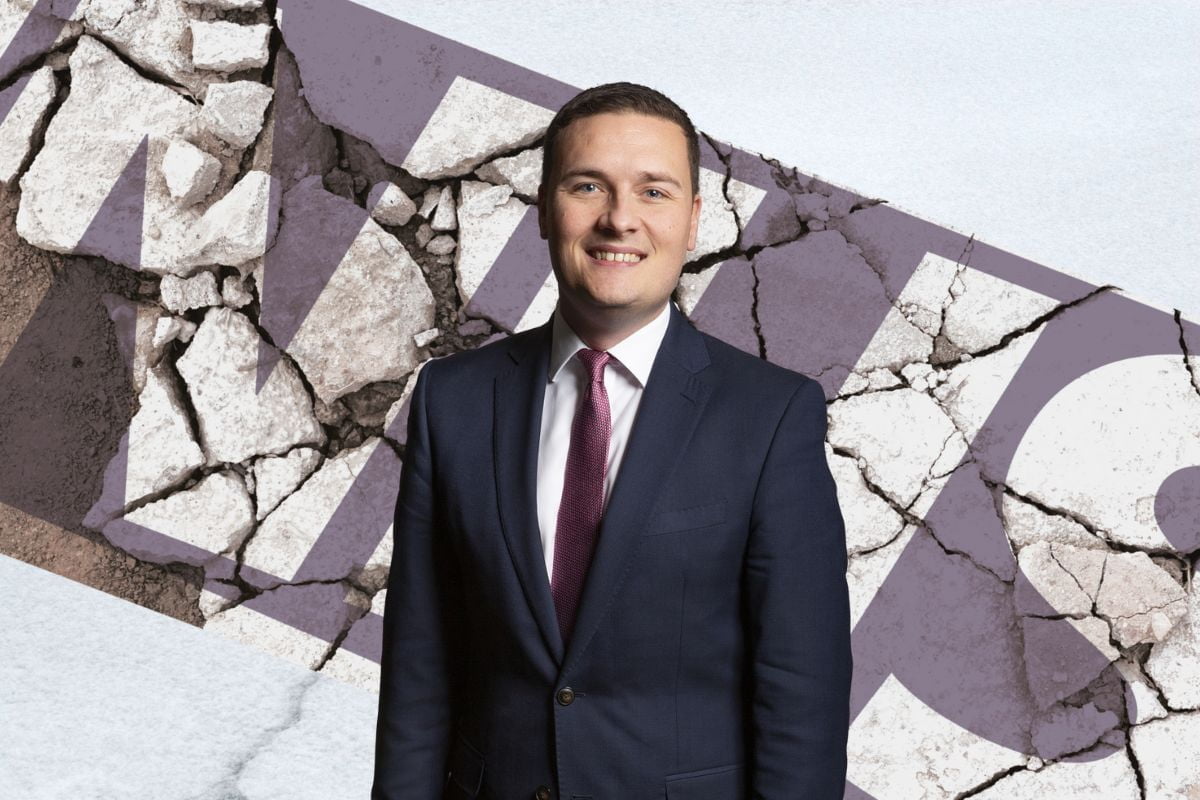According to the latest studies, since 2011, average UK life expectancy has flatlined at around 81 years, and has grown at a slower rate than other advanced capitalist countries.
Researchers believe that austerity and rising inequality have played a prominent role in this trend, with life expectancy actually falling between 2015-17 and 2018-20 for those in the most deprived areas of the country.
The result is hundreds of thousands of excess deaths over the last decade, even before accounting for the effects of the pandemic.
This stagnation reflects the impasse of capitalism, which is no longer able to carry society forwards. And as always with capitalism in crisis, it is the working class who are paying with their lives.
Public health
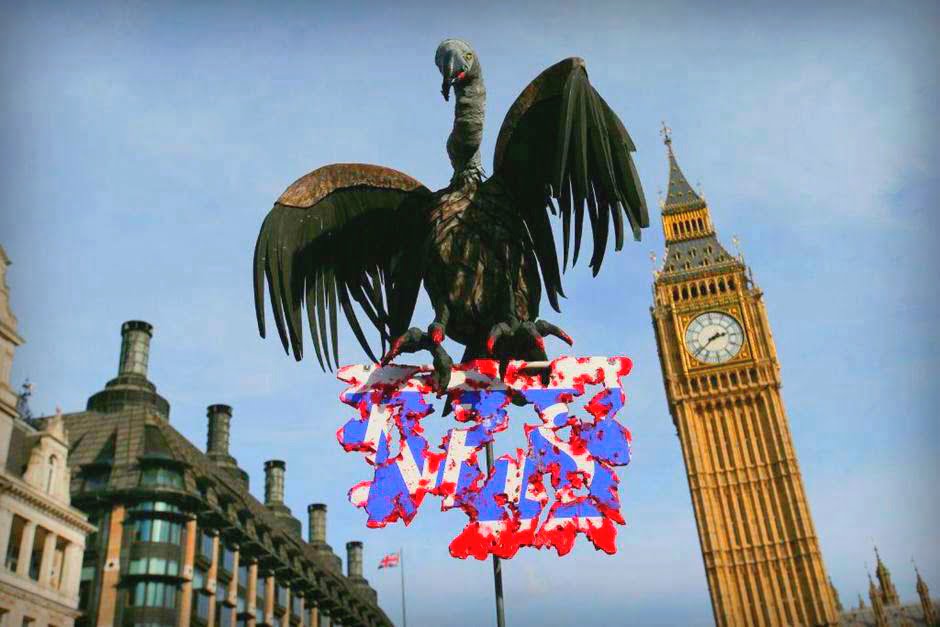
Between 1841 and 2011, life expectancy in the UK doubled. In its heyday, capitalism oversaw massive developments in medicine, sanitation, housing, food, and other basic necessities. Public health drastically improved in the advanced capitalist countries.
During the postwar boom, the British working class won many concessions. The jewel in the crown was the founding of the NHS, providing free healthcare to all for the first time.
By the 1950s, Britain had one of the highest life expectancies in the world. But this was not to last. After a deep economic slump in the 1970s, Thatcher’s government presided over a doubling of poverty rates and skyrocketing income inequality.
Life expectancy continued to rise overall. But the British average dropped compared to European levels. And class divides began to widen once again.
When the 2008 financial crisis struck, the UK economy emerged in a critical condition, and was put on life support by the ruling class. Bank bailouts, austerity measures, and attacks on pay and working conditions became the capitalists’ priorities.
Decade of death
Unsurprisingly, for the working class, this had an enormous impact on public health.
Between 1980 and 2011, British life expectancy increased by three months a year. In the twelve years since then, by contrast, life expectancy has increased by just eight weeks in total.
This plateau amounts to 250,000 people dying earlier than they would have otherwise, even when the impact of COVID is taken into account. This equates to around ten million years of life lost.
No wonder the Economist magazine recently dubbed this period ‘the decade of British death’.
But it is not the rich who are dying before their time. Up to 80% of a person’s long-term health is decided by social factors. This creates a direct correlation between life expectancy and social deprivation. And Britain is now the second most unequal country in Europe.
The working class pays sky high rents for unbearable living conditions. Over 450,000 houses contain mould and damp. 15% of people are unable to afford heating. And millions face food insecurity. Half a million have had to take long-term sick leave, due to the stress of working longer and harder for less.
Sickest men in Europe
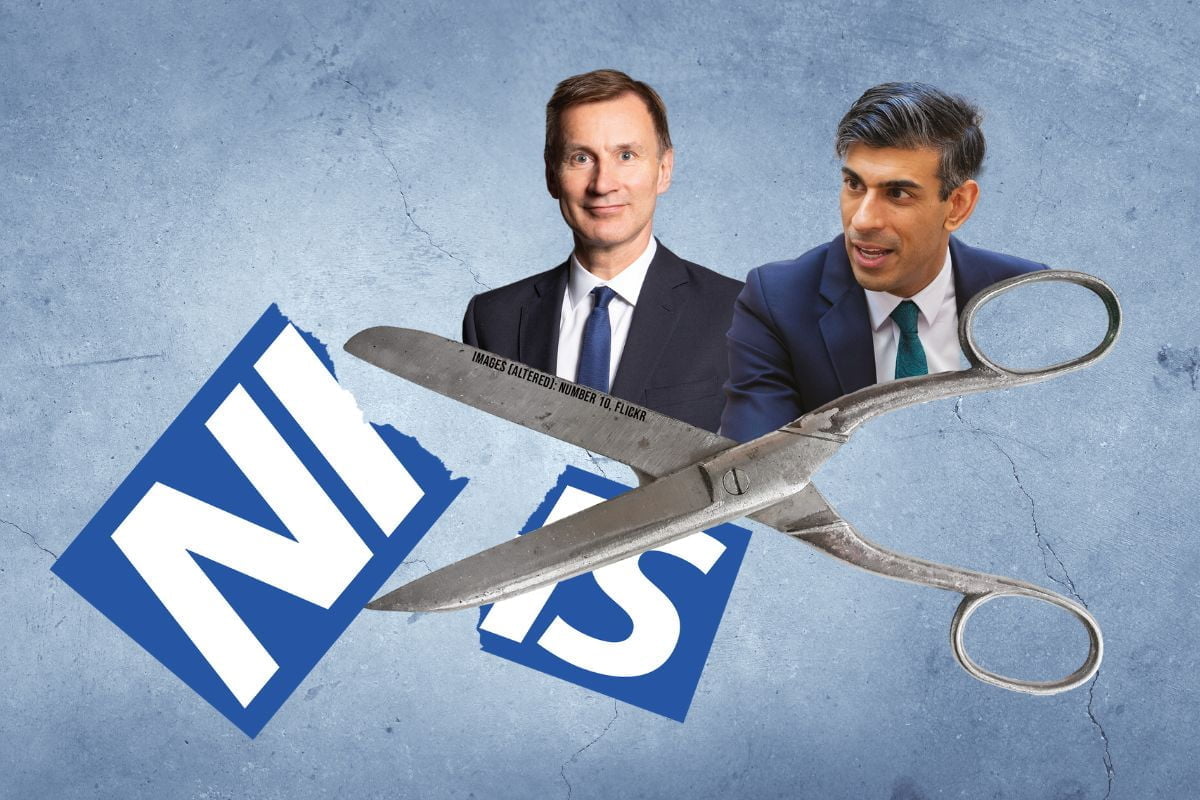
As a result, it comes as no shock that the poorest will, on average, live almost a decade less than their wealthy counterparts.
And these premature deaths are occurring earlier and earlier. The UK now has the fifth highest excess mortality rate amongst the young in Europe.
Yet while people are getting sicker, access to healthcare is becoming more difficult.
Austerity measures have cut health and social care to the bone. Since 2015, councils’ public health funding has been cut by an average of 24% per person: 16% in the richest areas, and 31% in the poorest.
With record breaking patient numbers, a staff exodus, ever-growing wait times, and the prospect of a further £60bn in cuts, the NHS cannot cope.
Socialism or barbarism
Society is being dragged backwards to Dickensian conditions. In fact, in Dickens’ great-great-great granddaughter’s own words: “We have never been so like the Victorian age in terms of the haves and have-nots.”
This is the harsh reality of the anarchic capitalist system.
The wealth exists to fix the health crisis in Britain. But this sits idly in the hands of the bosses and billionaires – and the only health they care about is that of their bank accounts.
With no end in sight to the capitalist crisis, it is a case of socialism or barbarism.
The expropriation of the banks, energy companies, and landlord monopolies would free up this vast wealth to provide quality housing, reduce the working week, and properly fund the NHS and social care.
Under a democratic, socialist, planned economy we would be able to not just alleviate poverty and deprivation, but to end it altogether, providing everyone with the opportunity to live long, healthy, and prosperous lives.

